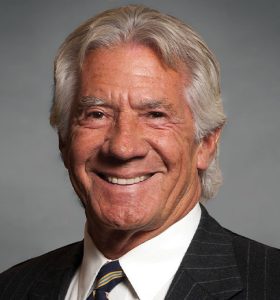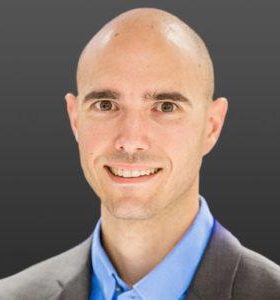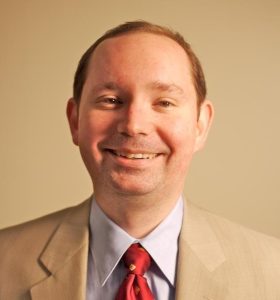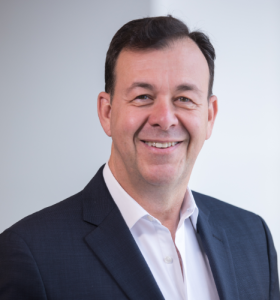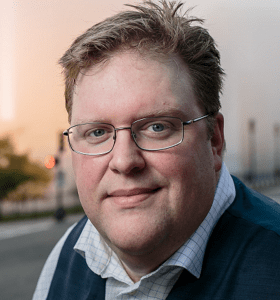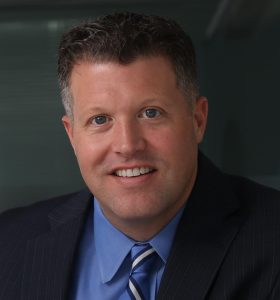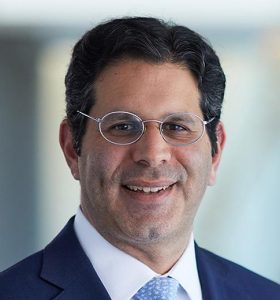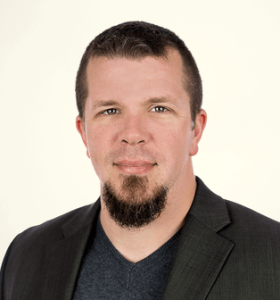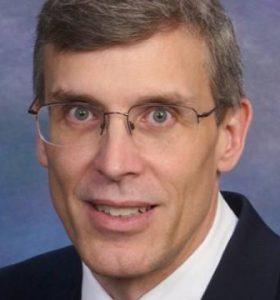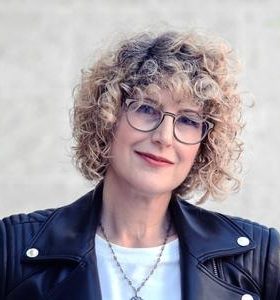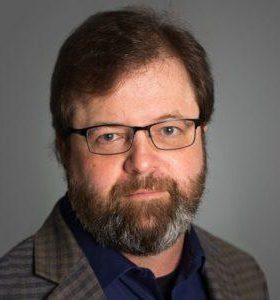
CyberTheory
Institute
Shaping the future with Cybersecurity Thought Leaders.
Cybersecurity Zero Trust
Zero Trust is becoming both the security model of choice for enterprises looking to up their game and change the relationship dynamic between the attackers and defenders and a pure marketing movement at the same time.
Far too valuable and a necessary concept and operational model to be abused by hype, some Zero Trust advocates have actively formed a volunteer team of the willing to promote and advance the Zero Trust agenda throughout our community of senior security practitioners by demonstrating all of the ways in which Zero Trust can and should be implemented and for all of the right reasons.
Our goal is to change the shape of cybersecurity’s defense agenda so that it fits around the Zero Trust strategy and forever rearranges the attacker/defender dynamic.
CyberTheory Institute Leaders
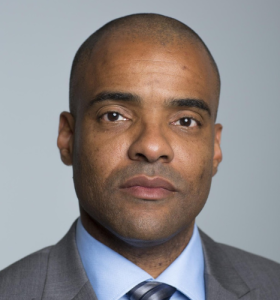
Lionel Jacobs Jr.
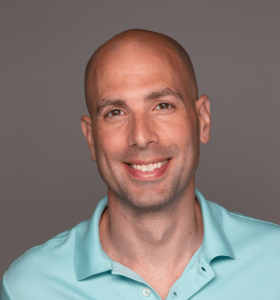
John Remo
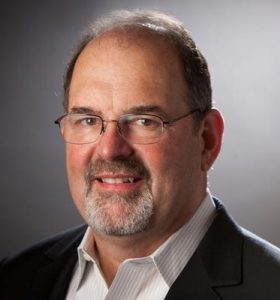
Tony Scott
Cybersecurity Design & Systems Thinking
They also include Design and Systems Thinking, a completely different way to approach the pre-architectural design processes that lead us to our current cybersecurity product mix, a mix that has demonstrated for a variety of reasons, that it cannot withstand the imagination and sophistication of the modern breach. Our goal is to change the way we approach Design Thinking so that we don’t keep inventing solutions based on the thinking that we used to get us here in the first place.
Our founding executive fellows include Brian Barnier and Prachee Kale, along with a remarkably astute support team of folks who have been practicing out-of-the-box thinking for years.
Events will include educational coursework and bespoke curriculum designed to elevate the science and art of creative thinking and delivered through the CyberEd.io portal, dinners and fireside chats with distinguished and widely known guests who have made significant contributions to the global intellectual body of work around CyberTheory.
Our goal is to challenge and reform cybersecurity’s architectural influences so that future systems and products will reflect the design principles of Zero Trust and beyond, and to move the needle in the direction of advantage for the good actors trying to gain a foothold in the constant battle for superiority in defense of innovative cyber attacks, both near-term and future varieties.
It is well known that one of the major contributors to our failure to build complete defenses and to maintain our existing protective solutions is the cybersecurity skills gap that keeps widening every year. The reasons behind this gap are myriad and complex. They range from a lack of exposure for high school and college-aged students to the world of cybersecurity contrasted with say, the STEM movement of the last 20 years, to the inadequacy of public, private and online educational offerings and processes for enhanced learning.
Our goal is to participate directly in the online learning markets through the development of a comprehensive offering curated by cybersecurity leaders widely acknowledged and well-known in the security practitioner space.
This offering is known as CyberEd.io and is planned to launch in early 2022.
The platform objectives are to make cybersecurity learning fun and accessible and to assist enterprises in the implementation and customization of learning paths and curricula that match their individual requirements. The content will be a mix of coursework available from other 3rd party sources with coursework custom-designed by our advisory team to address topics that aren’t available elsewhere and supplemented by our guest lecture series sourced from our International Summits.
We will cover Critical Design and Systems Thinking, Zero Trust, Identity Authentication, Proofing and Access Management, MFA, Digital Transformation, Ransomware, Cloud Computing Complexities, Operational Technology, IoT and IIoT, Cryptocurrency, AI/ML, Social Engineering, Mobile and Remote Computing Management, as well as other coursework not presently addressed by commercial offerings in the space.
As we strongly believe modern cybersecurity marketing continues to repeat the mistakes of the past by relying on conventional campaigns and marketing programs that may have been appropriate in a different era, we know that we cannot continue this path into a future so top-heavy with competitive offerings.
So, our intent is to tap into the creative competencies of leading-edge marketers to explore and develop new programs and campaigns that will connect with buyers in today’s highly competitive marketplace, characterized by 5,000 competitors and do so in ways that have not need regularly attempted in traditional B2B marketing scenarios.
We are convinced that the era of D2H marketing has arrived in cybersecurity and we have some defined approaches to “direct to human” messaging and positioning that rely on the brand story and the way it is told that we want to share with the marketing community.
Our goal is to improve the authenticity of our clients’ messaging, to relieve the level of noise that conventional campaigns have created with which our CISO community must deal and develop new and entertaining narrative approaches that capture the attention and engage targeted personas on their buyer journeys in an extended era of remote work.
Our events and programs will resemble our approach to Zero Trust in that we will conduct fireside chats with folks who have been willing to push the envelope of creativity and out-of-box thinking to attack crowded markets in ultra-noisy sectors.
We want to contribute to changing the nature of cybersecurity marketing and improve its efficacy while removing the irritations found in fantastic and inauthentic messaging.
Take Your
Business to the
Next Level
CONNECT WITH US TODAY!
Speak with an Expert
CyberTheory helps you find cybersecurity buyers faster. We combine 1st party intent data, deep strategy, and execution expertise to drive your growth and success.
Request a PPC Audit
See how your PPC efforts stack up against the competition. Gain insights on how keywords, spend, creative, and content intersect with buyers looking for your solution category.
